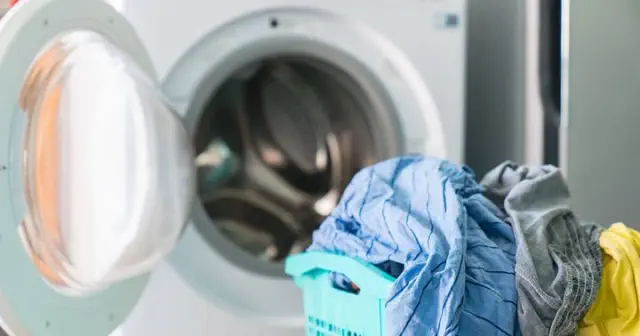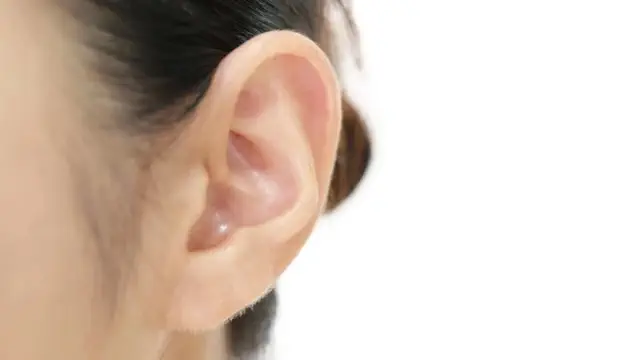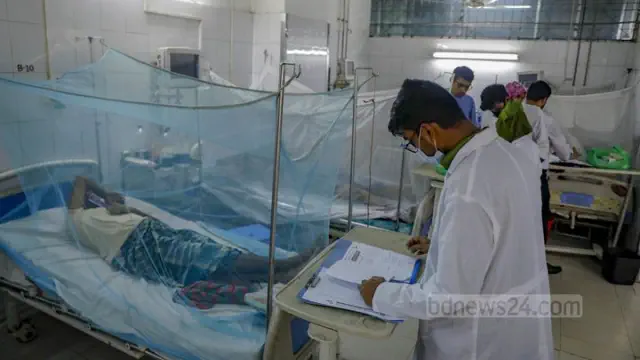Newswise — An innovative clinical trial has commenced at Children’s Hospital Los Angeles, focusing on a groundbreaking approach for newborns affected by congenital cytomegalovirus (CMV): the application of virus-specific T-cell therapy.
The phase 2 randomized trial signifies a potentially revolutionary method for addressing congenital CMV in infants, a condition that can result in hearing impairment, developmental issues, vision problems, and other complications. While antiviral drugs are the prevailing treatment option, they often come with significant adverse effects.
CHLA stands out as one of only four centers nationwide—and the sole provider on the West Coast—offering this innovative trial.
“Congenital CMV can have devastating impacts that can affect a child’s entire life,” says Philippe Friedlich, MD, MSEpi, MBA, Chief of Neonatology and Co-Director of the Fetal and Neonatal Institute at Children’s Hospital Los Angeles. “The hope is that cell therapy can offer a safer and more effective treatment option for these babies.”
Utilizing a mother’s immune system
CMV is a prevalent virus that typically does not produce symptoms in individuals with robust immune systems. However, around 1 in every 200 infants contracts the virus while in utero, and among those, about 20% may experience birth defects or enduring health issues.
The clinical study aims to recruit 30 infants under the age of one month diagnosed with moderate to severe congenital CMV. The participants will be randomly divided into two groups: the first group will be treated with standard antiviral medication, either valganciclovir or ganciclovir, while the second group will receive a combination of standard antiviral therapy along with CMV-specific T-cells.
The CMV-specific T-cells will be sourced from a donor who shares a partial match with the patient: the infant's mother.
“If a baby has congenital CMV, then obviously the mother will be infected because transmission was in utero,” says Neena Kapoor, MD, Director of the Transplant and Cell Therapy Laboratory at Children’s Hospital Los Angeles. “The goal is to harness the mother’s immunity and give it to the baby.”
At CHLA, the trial is a collaboration between the Cancer and Blood Disease Institute and the Fetal and Neonatal Institute. Dr. Kapoor currently participates in similar studies testing virus-specific T-cells in children undergoing bone marrow transplant who contract CMV.
“Although it’s still in the experimental phase, we’ve seen promising results with this method in transplant recipients,” she explains. “Our goal is to determine whether it can serve as an effective therapy for newborns suffering from congenital CMV.”
A small quantity of cells According to the protocol, mothers will initially undergo screening to verify the presence of T-cells that generate gamma interferon when exposed to CMV.
If the mother qualifies as a suitable candidate, the team gathers a more substantial sample of her blood cells and transports it to the Transplant and Cell Therapy Laboratory at CHLA. In this facility, the T-cells that generate gamma interferon to combat CMV are separated electromagnetically from the other components of the blood. A specialized machine then processes these cells within a mere two days.
The infant receives a small amount of CMV-specific T-cells through an intravenous infusion. This is followed by another dose administered every two weeks until the infection is resolved. A maximum of five infusions will be provided.
Dr. Kapoor explains, "The concept is that these T-cells, which have already been trained to identify and eliminate CMV, will multiply within the baby's system and combat the infection."
While the mother is merely a half-match for the child, administering a small quantity of interferon-producing cells is expected to reduce the likelihood of the baby experiencing graft-versus-host disease, she notes. Additionally, infants are carefully observed for any indications of cytokine release syndrome.
“Dr. Kapoor mentions that while we haven't observed cytokine release syndrome in transplant recipients treated with CMV-specific T-cells, it remains a possible risk. Therefore, we closely monitor infants.”
Timely detection is crucial.
Dr. Friedlich emphasizes the significance of early identification of CMV in newborns by physicians to prevent potential irreversible harm. Key indicators to monitor include:
- Enlarged spleen or liver
- Elevated liver enzymes
- Microcephaly (small head)
- Hearing loss
Participation in the trial is limited to patients who are under 28 days old. “We aim for cell therapy to effectively manage the infection at an early stage, which will help reduce the risk of hearing loss and neurodevelopmental issues,” he explains.
He mentions that this trial has the potential to pave the way for more sophisticated personalized medicine solutions for seriously ill newborns.
Dr. Friedlich remarks, “In the realm of neonatology, we haven't fully embraced personalized medicine and cell therapy yet. I believe this represents the next significant advancement in our specialty and a chance to profoundly impact the lives of our patients.”










